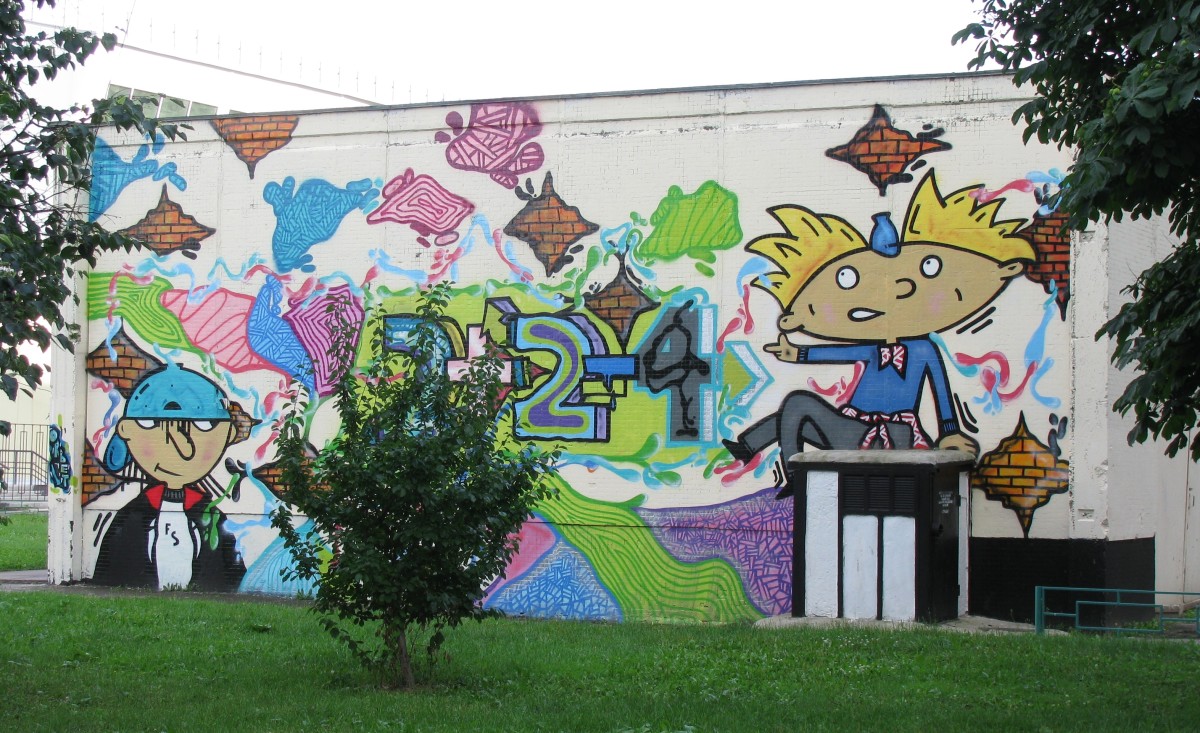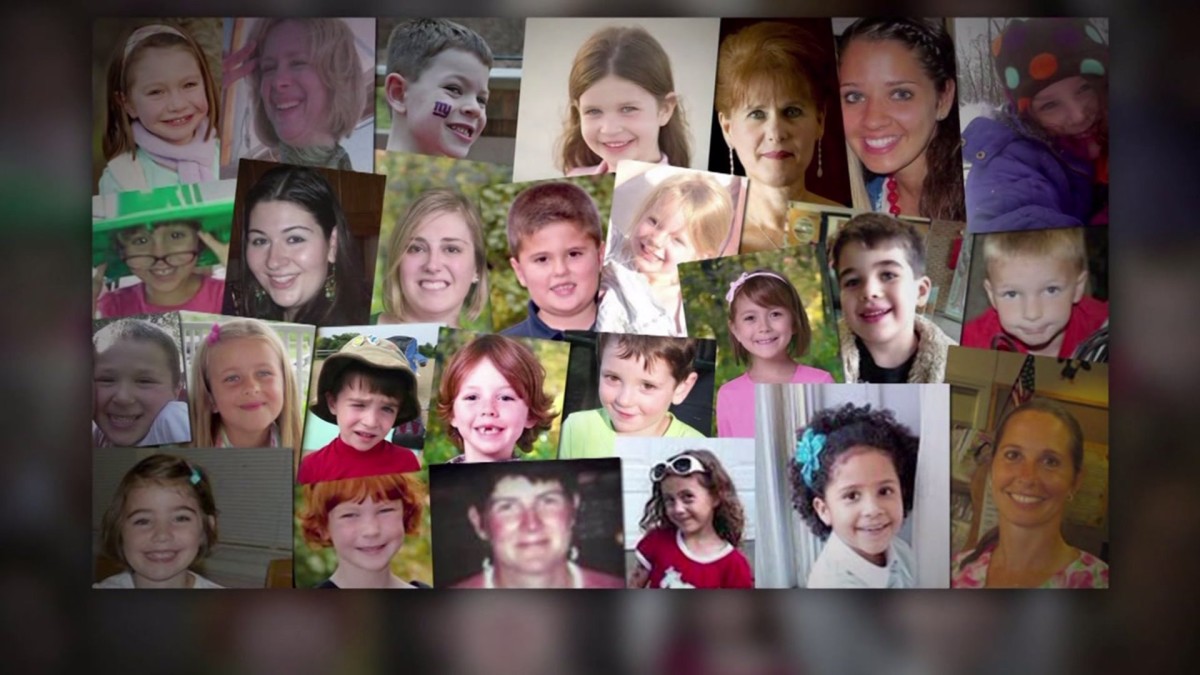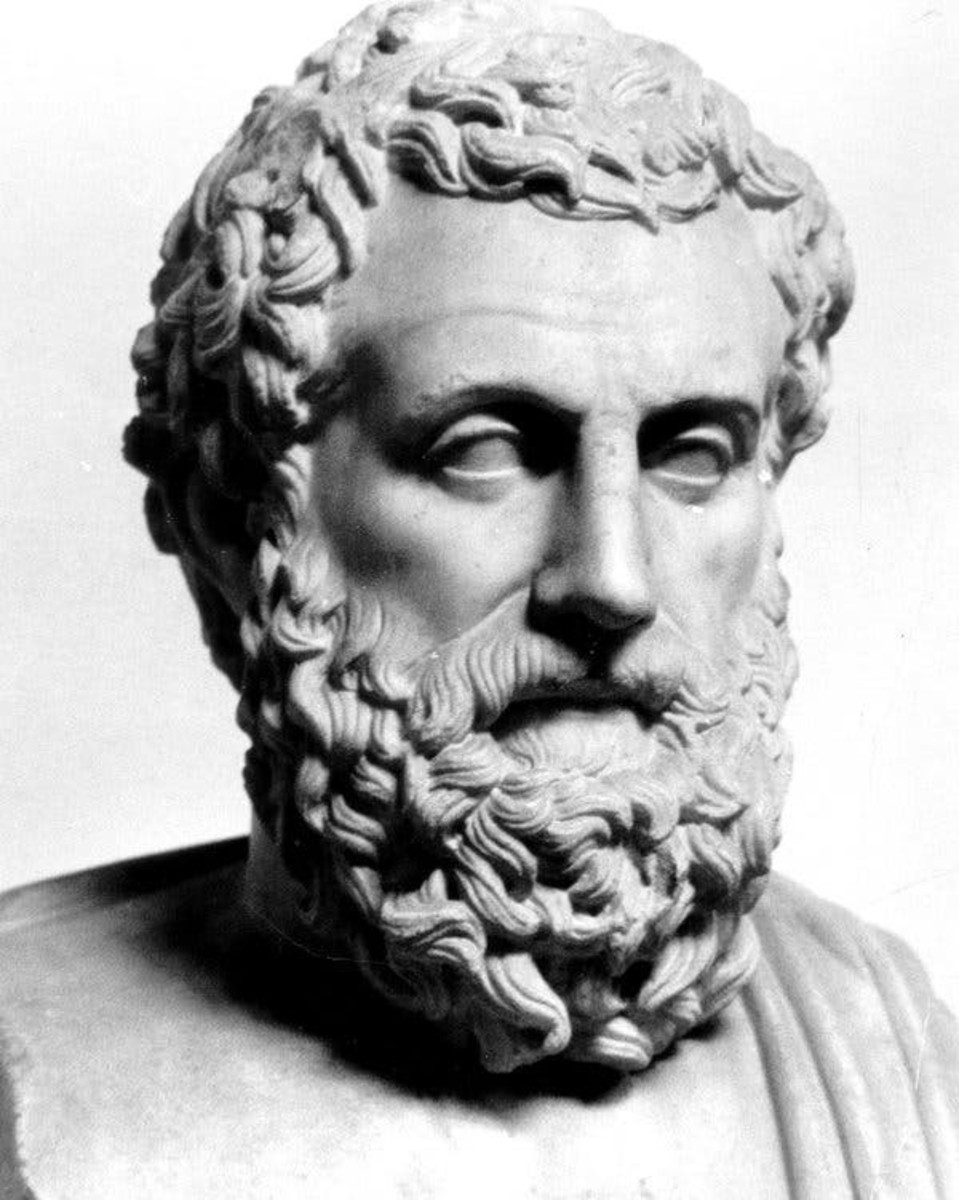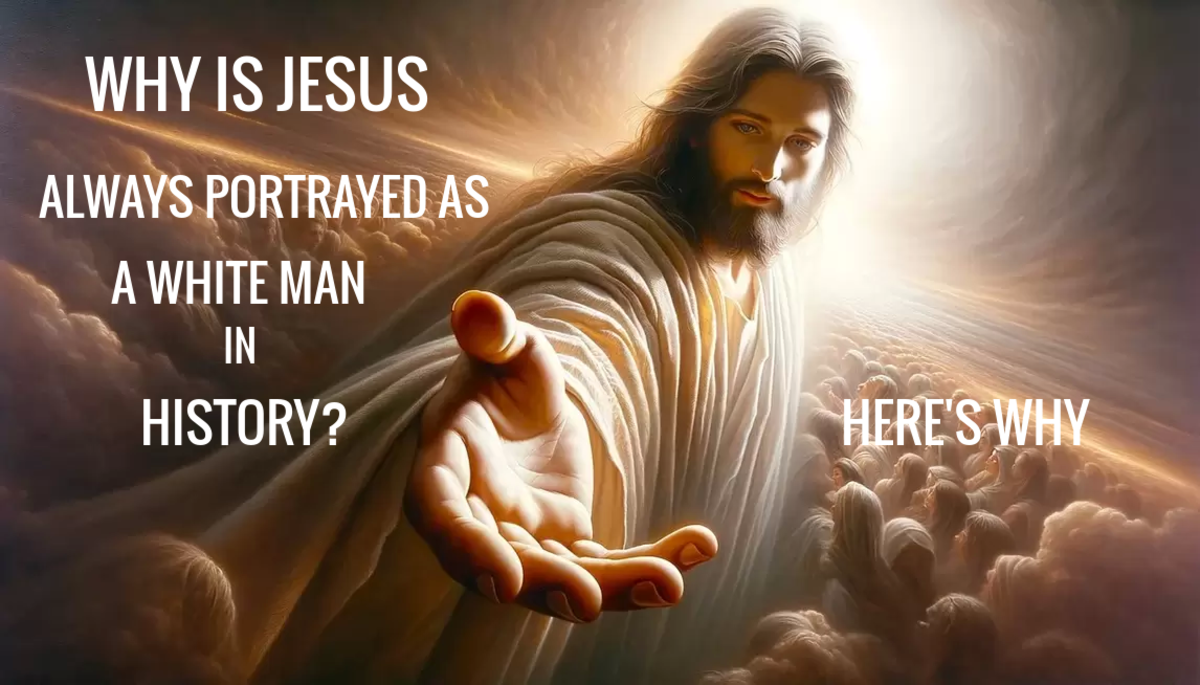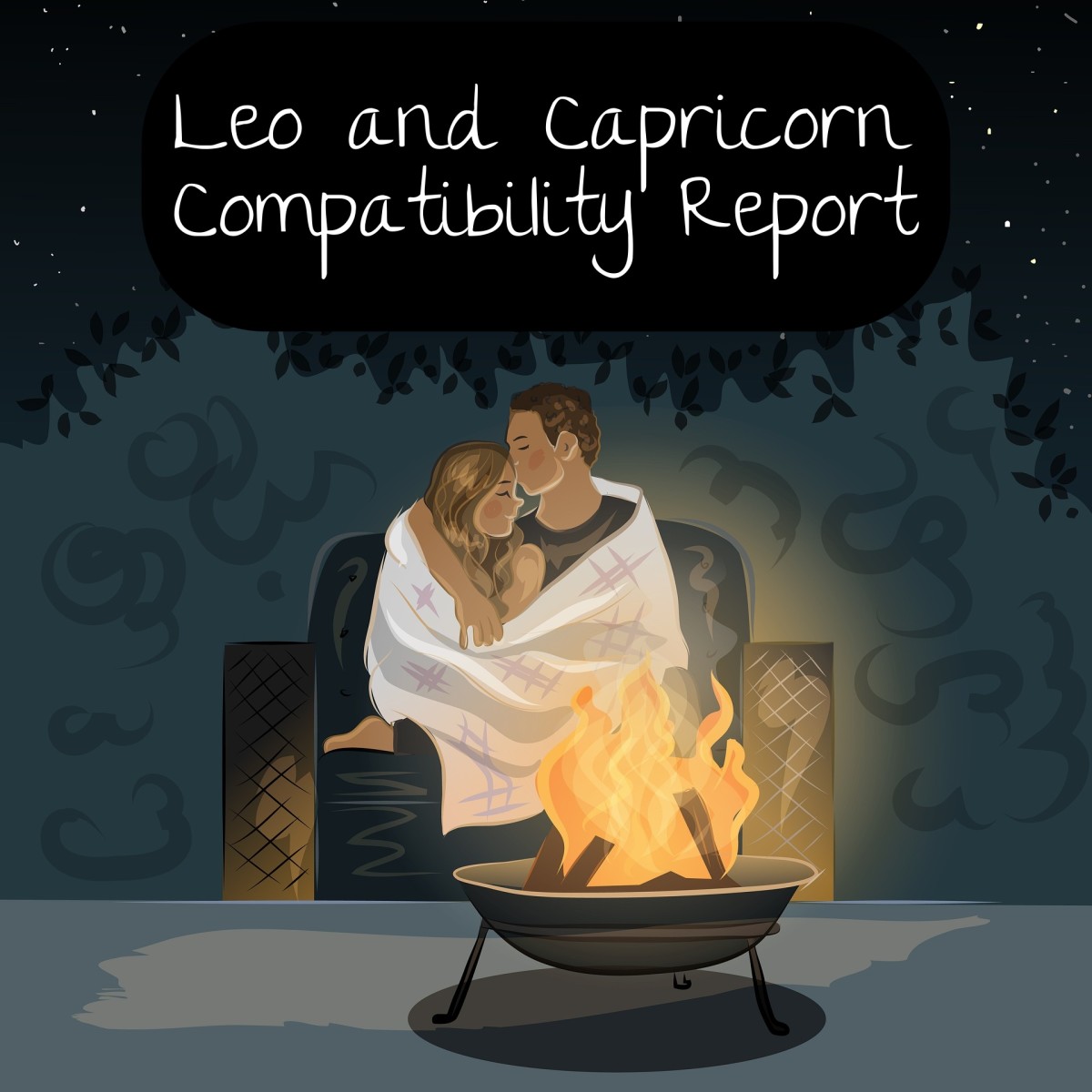The Real Meaning of ‘Tragic’

Tragedies Happen Daily
What do I feel when I read that yet another child has died in terrible circumstances?
Cruel Stats
205 Palestinian children died in the war in Gaza in 2009.
24 children - death toll of November 2012 in the same area.
9 children were among those killed by a rogue American soldier who went on a house-to-house killing spree in Afghanistan.
Hundreds of children have been dying in the Congo every year, for many years.
5 children died in Delhi, India when a wall collapsed on December 12, 2012.
69 young people died when Anders Behring Breivik hunted them down on the island of Utoeya, Norway, in 2011.
Some 3.3 million American children witness domestic violence in the ‘sanctuary’ of their homes. How do we estimate the number of children this violence kills, directly or indirectly, every month?
2,000,000 Vietnamese civilians lost their lives in the Vietnam War. Thousands of children and infants were among the dead.
4 children died there, too, on December 4, 2012, while playing with an unexploded shell they had just found.
Every year, approximately 1 million children die of pneumonia.
In the west, suicide is currently thought to be the second leading cause of death for ages 10-24. I hope-against-hope the stats are flawed.
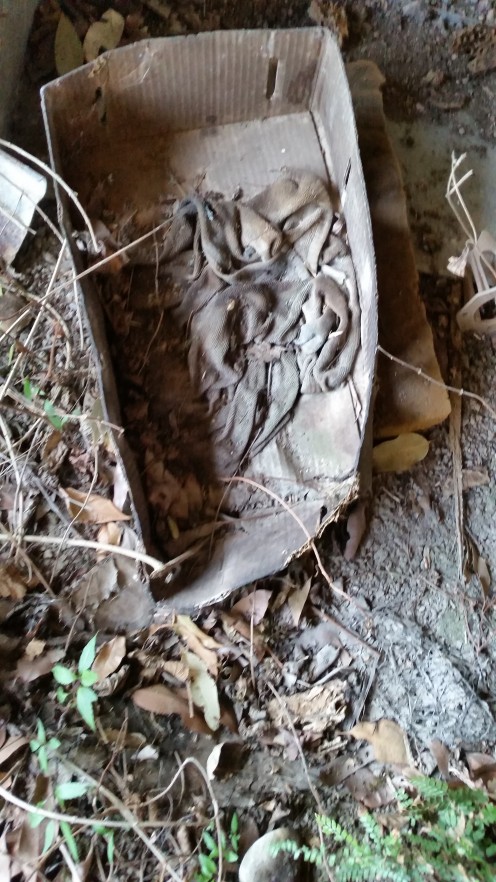
Wherever we happen to be living on the planet, an inordinate number of our children come to grief.
However, on the whole, unless they are our ‘homegrown’ children, we do not grieve for them.
When they are our ‘homegrown’ children, some of us empathize with their parents – or we imagine we do – for as long as our attention span allows it – and then we move on.
Indeed, we have allowed TRUE acceptance/empathy (the bedrock of TRUE love, of BROTHERLY love, of NEIGHBORLY love) to be squeezed out of the fibers of our culture for a few centuries too many. And the worldwide cultural socio/economic model we have allowed in its place has left all of us very vulnerable.
If we remember that we are ALL accountable, ancient souls disguised in our dense body-suits of flesh and bones, it becomes easier to accept that karma will go on delivering its lucky breakthroughs and its tragedies to us, individually, to communities, to countries in every nook and cranny of our civilization - and that karma will reject all prayers for postponement.
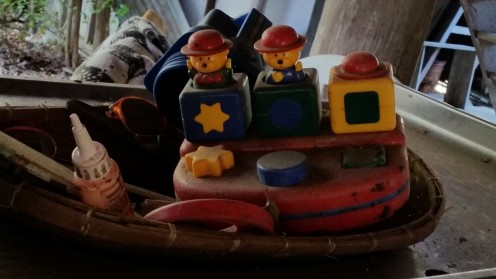
It's Not Only Happening To Ours
In regards to a lingering common concern: How to address spiritually such events as the Sandy Hook tragedy or, for that matter, any mass tragedy involving children, I think it’s a fair answer to say, ‘The same way as any at-risk groups and communities worldwide have addressed their own loses.'
At least, in America, one blessing is that the grief-stricken community of Newtown, and those affected in sympathy, are able to access many more services to help them process the horror of their tragedy.
In the immediate aftermath of the Sandy Hook primary school massacre, a worldwide outpouring of emotional support embraced the community of Newtown, Connecticut, in a manner probably never extended to either the distraught families of the Gaza strip - or those residing in any war-ravaged African community.
Do we have a say in it?
Are we, everyday people, able to somewhat shape what might eventually befall us - good-bad-or indifferent?
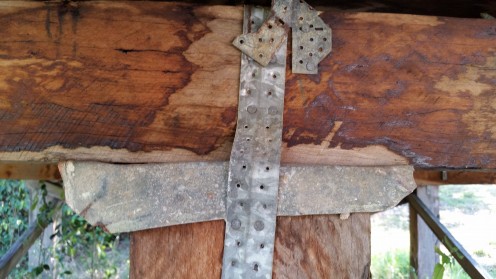
Us vs Them
The magnitude of this emotional support would indicate that the death of twenty American children in their classrooms, shielded by their teacher, was more of a ‘world-shattering’ event than the deaths of other groups of children, shielded by a grandmother or by an older sibling, ‘mowed down’ like buds in a meadow.
This outpouring of emotion might also indicate that death-by-shooter is felt more emotionally than death-by-missile, death by starvation or even death-by-parental neglect.
Or it might suggest that ‘these’ young lives lost were perceived as having been more ‘beautiful,’ more full of potential’ than others, which would amount to a case of Us vs Them, signalling that ‘our’ losses count more than ‘theirs’.
Though it is undeniably the case for the American people, it is unclear why it should also to be the case for the rest of the world.
Unless, of course, even when oceans separate us, we empathize with the trials and tribulations of cultures similar to our own – proof of how long is the range of the separatist thinking of Us vs Them.
Where Comfort Is Not
Though it always is a matter of utmost concern, it is no use pondering WHY the Newtown shooter - or any other shooter for that matter - picked a particular location to go on a rampage on a specific day, at a specific time.
Honestly, how ultimately comforting is it to eventually find out that the Sandy Hook shooter was an introvert who fell out of bed hearing voices clamouring for revenge or that his brain had been short-circuited by an overdose of chemicals or that he was a political lone wolf making a statement.
Similarly, how comforting is it to know the exact motivation of a war-lord willing and able to decimate entire villages – or that the perpetrator of the crime was an indoctrinated suicide bomber?
How comforting can it be to know that hundreds of parents involved in domestic violence kill their children because they are unable to deal with the pressures they built into their own lives? Or that, on the physical level, the REAL cause behind most of the thousands of youth suicides every year in the States is that their significant others were, for the most part, unaware of the depth of their despair?
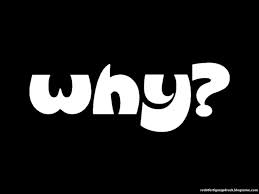
'Why' Has No Answer
The damning thing about our collective belief in the west regarding random and fatalistic good/bad luck is that it absolutely strips us of any personal responsibility, which could explain why we choose to hold on to that belief as actively as a baby to her mother’s breast.
When it comes to disasters, it is fruitless to wonder why one single child was spared while her classmates were shot in a classroom at Sandy Hook primary school, why one child died but her twin was spared, why three passengers survived a plane crash in which 240 were killed, why an elderly woman was killed in her garden by a vehicle out of control, why a ‘loving mother of four’ died crushed by a crane on her way to work - or why a family living on the poverty line won a dazzling huge sum at the lottery.
Similarly, it is most important to refrain from attributing events to either good luck or bad luck. Equally, it is important to avoid the oft-trotted reference an ‘unfortunate chain of events’ or to vacuously utter, ‘It’s a miracle ....’ because doing so veils the entire karmic system from our consciousness and renders it made null and void in terms of our lifestyle and daily preoccupations.
As it fails to offer a considered explanation and as it usurps any honest introspection into the depth of our personal M.O., how can the belief in mindless randomness be in any way helpful and comforting - if only at the intellectual level?
Neither should we ponder, let alone make a judgement, on the karma of parents or loved ones afflicted by a tragic loss, regardless of its shape or form, because karmic intentions are not crafted for popular edification.

The Weapon Didn't Do It
Sure, when it comes to ‘innocent lives lost’, just as bomb and rocket control is needed in warfare, arms control is needed in America.
How to explain that ‘assault weapons,’ somewhat different from other legal, concealed weapons, are as easily accessible in ‘picture perfect’ American towns, perhaps even more cheaply, than from an arms trafficker in Afghanistan or Colombia?
Having said that, except in some sci-fi scenarios, weapons do not lose control. They do not press their own triggers – not even assault weapons - but people do kill other people on a grand scale, mostly always out of anger, envy or resentment.
Our cultural model tacitly permits this hecatomb of citizens by citizens, even in the absence of civil war - even as the judicial system is staggering under the weight of murder ‘files’ it processes daily across the United States.
Is a Reason Ever lacking?
As an aside, it is difficult to comprehend why, in this day and age, little boys STILL go around shooting people with their index finger and thumb cocked and/or with toy guns, presumably bought by well-intentioned parents and relatives.
After all, for us, adults, parents, and lawmakers, it has been a fair while since the last Hollywood epic battle between *Cowboys and Indians* - a long time, too, since the last John Wayne movie. So, why hasn’t this socially ‘mal-adjusted’ boy behaviour been phased out in ‘our’ homes worldwide, in ‘our’ gardens and in ‘our’ schoolyards?
Why has the ongoing roll-out of films and TV series portraying death set in our streets, in our workplace, in our homes, in our bedrooms, with husbands and wives, mothers, fathers, brothers and sisters - at times the perpetrators and at times the victims - NOT rang very shrill alarm bells?
Everything that happens to us, individuals, to us, as a country, does happen for a reason, right?
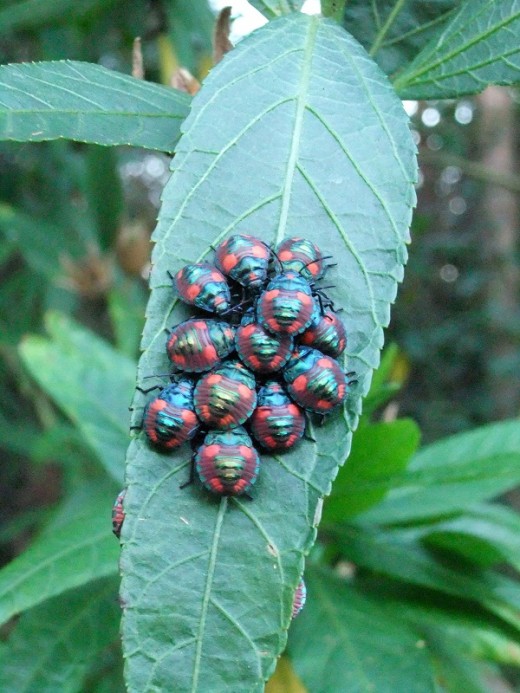
Collective Vulnerability
Clearly, tragedies and disasters do bring ‘us’ together for a finite period of time but, with growing awareness, they should be seen as delivering the cosmic message that we are, indeed, collectively responsible for what befalls some of us – or all of us – in turn.
Tragedies also show us that we are really quite able to love our neighbour as ourselves, to act selflessly – provided we are moved to do so.
Though it is heartbreakingly difficult to accept, sometimes impossible, tragedies befall us for a reason: they are intended to expose the real ‘us’, the truly vulnerable part of us – our heart.
What If ...
Serious question: what if it were according to the ‘manner’ in which those who grieve for their children [and those who grieve for their loved ones generally-speaking] process their loss ... from the inside/out ... that their karmic tally sheet would be edited in the fullness of time?
What if our karmic tally sheet ‘out there’ just as much as our emotional health, here and now, were adjusted for the better by our ability to forgive from the depth of our heart to bond with our loved ones from the depth of our heart and move on from grief tempered by the ordeal?
What if surviving a tragedy from the inside/out was our purpose for this lifetime?
v
“Let us ask ourselves,” said Moriya, my teacher, “why it is so hard to forgive and accept from the heart? Let’s first look at what is clear,” she began explaining.
“The part of us we call ‘heart’ is mostly filled with insecurity and guilt. Both grow and thrive like a weed from the inability to truly forgive and forget. Also, like a weed, they bring about dislike and, sometimes hated.
They are on the same sliding scale. Worries grow out anxiety about situations that for the most part are played out in our minds and they grow, too, also like the weed, in regards to fearful situations invented about a non-existent future that blossomed out of this insecurity and guilt.”
Then she added, “They are all connected together like beads on a thread. By removing any one bead, we make enough room to bring in another of a different type. That one new bead is the start of a new pattern which will develop over time. That's why forgiving is as good for us as it is for the other – regardless of the other’s actions.’
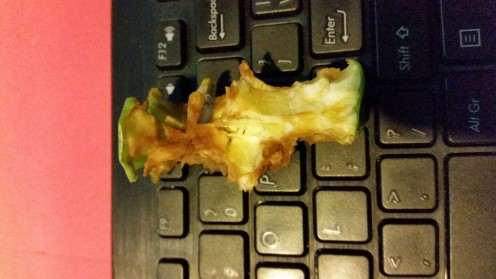
Stripped To The Core
Tragedies are intended to strip us of all we have been taking for granted.
They are intended to expose us to ourselves.
They are intended to bring us together as a better functioning single unit and they are intended to bring us together with our *loved ones*.
They are meant to bring us together as a community - as a country.
Us = members of one family, first and foremost.
Instead, the family too often fragments under the pressure because at the crux of the pain are hearts that are closed to all but to their personal pain.
Us = us and our extended family.
Too often they remain attentive for a finite period of time.
They, too, often fragment around us. What has befallen us has not touched them ENOUGH to really touch their heart though, of course, they do care a lot.
Us = the ‘others’ closest to us, friend and colleagues. They, too, on the whole, show they care with flowers, good words and personalized attention but, basically, they remain unchanged and are keen to return to their 'own' lives and get back to whatever it is they have been doing, to whatever they are aspiring to – the manipulation of their perceived reality and the pursuit of their own sets of person-centered goals.
Again, everything that happens, does happen for a reason, right?
Right?
© 2014 Carole Claude Saint-Clair

